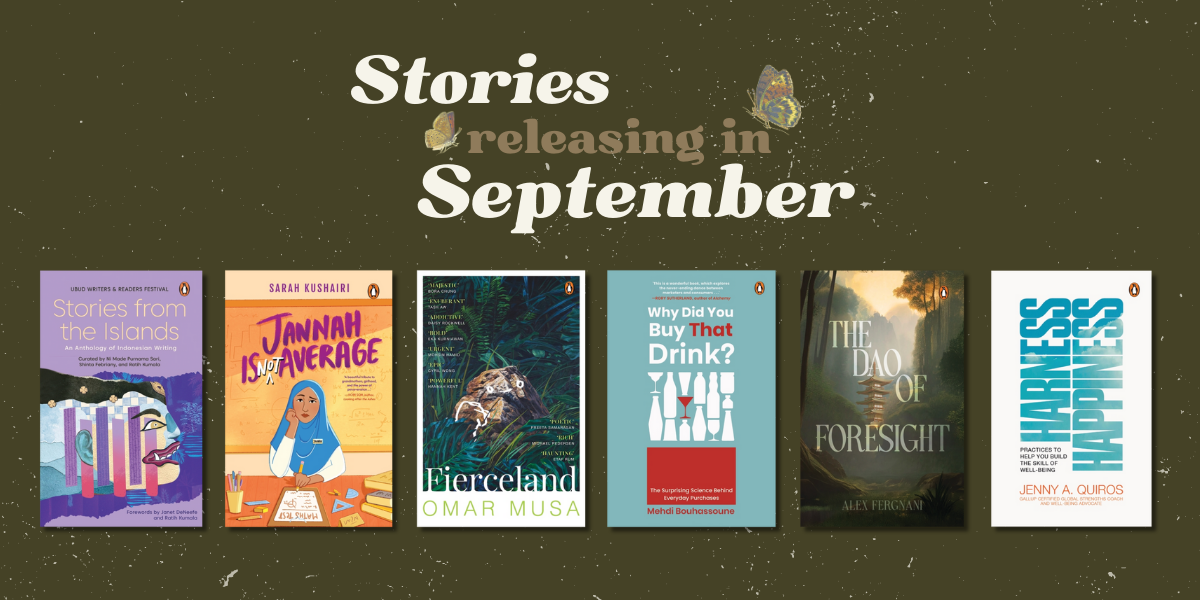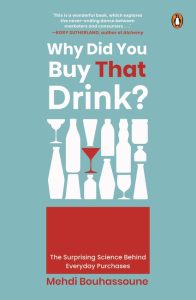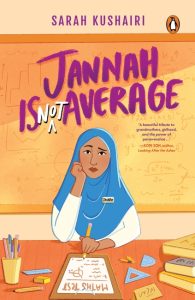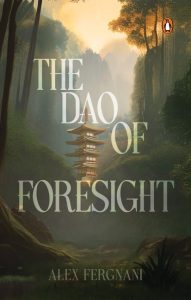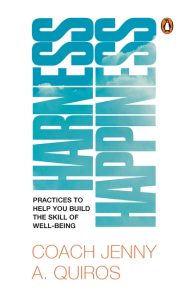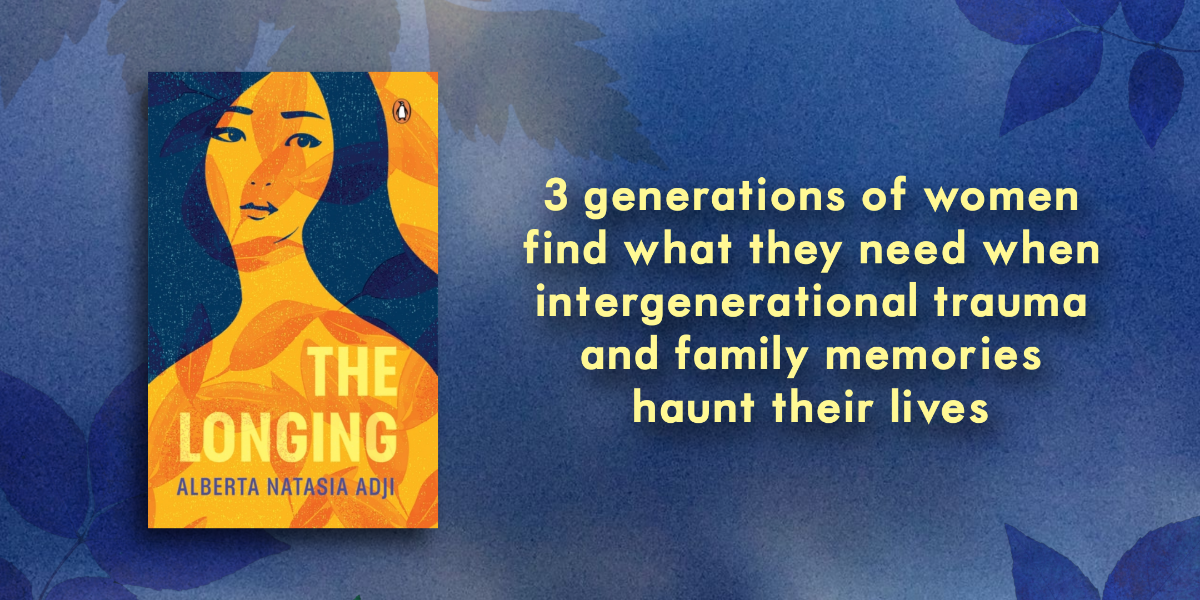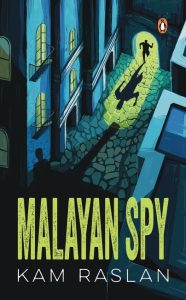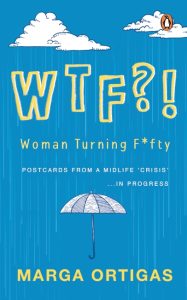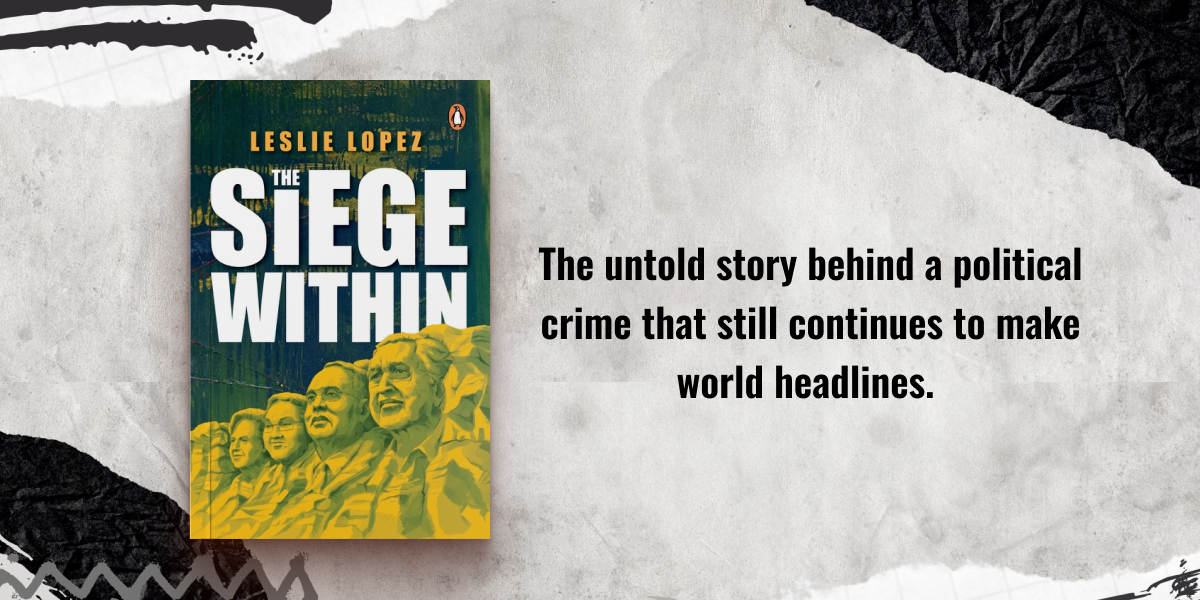September is serving up stories that refuse to be ignored. From page-turning fiction to life-changing non-fiction, these books will tug at your heart, challenge your mind, and maybe even shake up your shopping habits. Whether you’re looking for romance, family drama, Southeast Asian voices, or self-help wisdom, this month’s lineup is proof that your TBR pile is about to get taller.
—————————————————————————————————————————————–

A bilingual short story anthology from Indonesia, Stories from the Island gathers ten emerging writers selected as part of the Ubud Writers and Readers Festival 2025. The collection showcases diverse voices from across Indonesia’s 17,000 islands, reflecting the country’s many cultures, local languages, and traditions. If you love translated literature, Indonesian short stories, or discovering new Southeast Asian writers, this anthology is a must-read.
Omar Musa’s Fierceland is an epic family saga set in Malaysian Borneo, weaving together history, myth, and modernity. When siblings Roz and Harun return home after their father’s death, they must confront his legacy as a palm-oil baron and the dark secrets behind the family’s wealth. Ideal for readers of multigenerational family dramas, environmental fiction, and literary novels about Southeast Asia.
Ever wondered why you chose that soda or paper towel brand? Why Did You Buy That Drink? explores the psychology of consumer behavior and the science of everyday choices. Perfect for readers of popular science books, behavioral economics, and psychology of decision-making, this book explains the invisible forces behind the shopping decisions we make every day.
A moving young adult novel about ambition, resilience, and self-belief, Jannah is ^NOT Average follows Jannah Ismail, a 16-year-old determined to become a medical doctor despite academic setbacks and societal doubt. A perfect pick for fans of YA coming-of-age books, diverse teen stories, and female empowerment fiction.
Blending storytelling with timeless wisdom, The Dao of Foresight introduces foresight techniques through the relationship of a master and disciple rooted in Daoism, Zen Buddhism, and Confucian philosophy. If you enjoy Eastern philosophy books, mindfulness literature, or fiction infused with wisdom traditions, this title is for you.
Looking to level up your well-being? Harness Happiness teaches readers how to cultivate the Skill of Happiness, starting with the self and expanding to every aspect of life. Fans of self-help books, mental health guides, and personal development titles will find practical tools for building lasting joy.
———————————————————————————————————————————————–
From fiction that transports you across cultures to non-fiction that reshapes your perspective, these September 2025 new book releases will enrich your bookshelf and spark conversation. Whether you’re in the mood for a YA novel, a self-help guide, or translated Southeast Asian stories, these titles are the perfect addition to your fall reading list.






